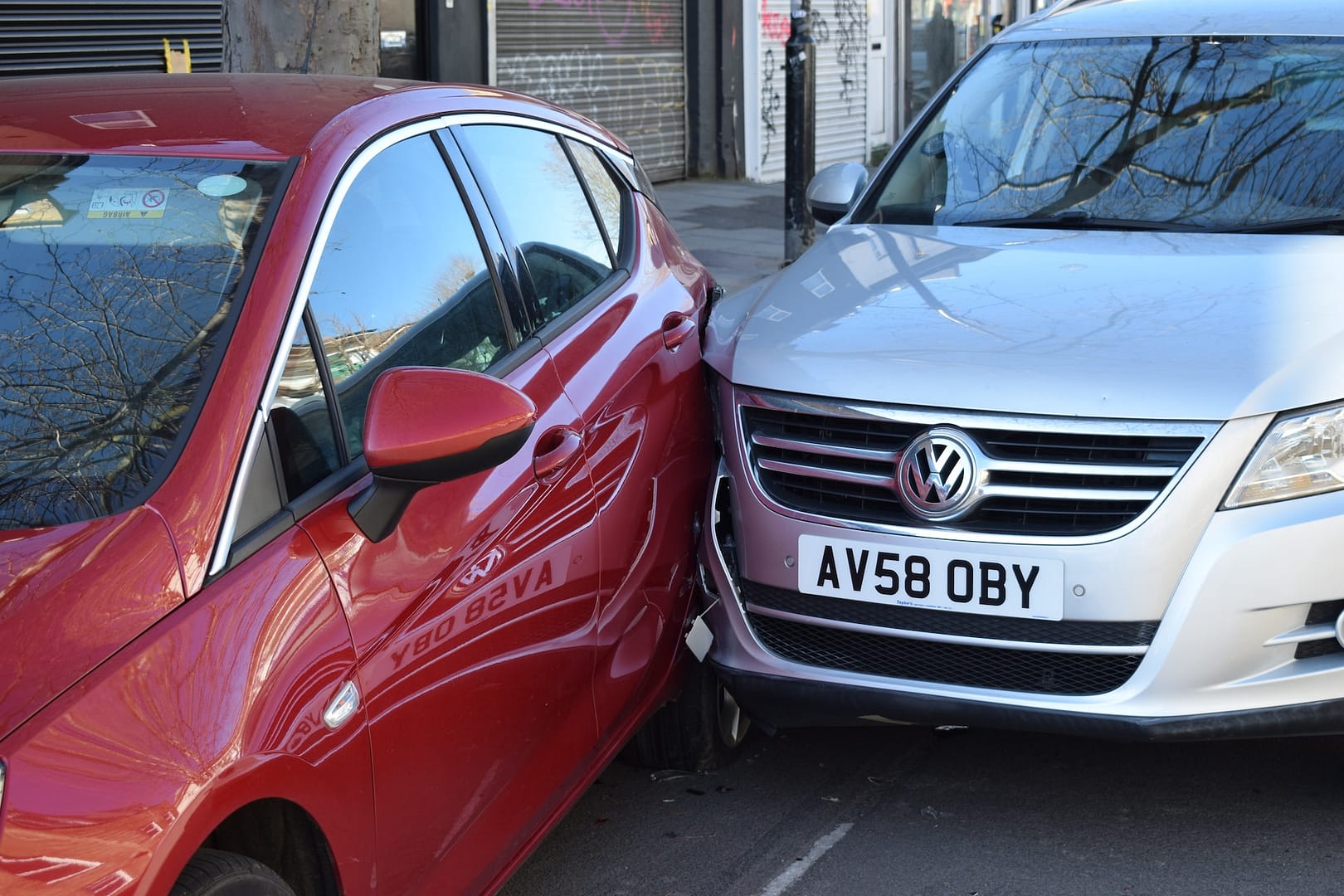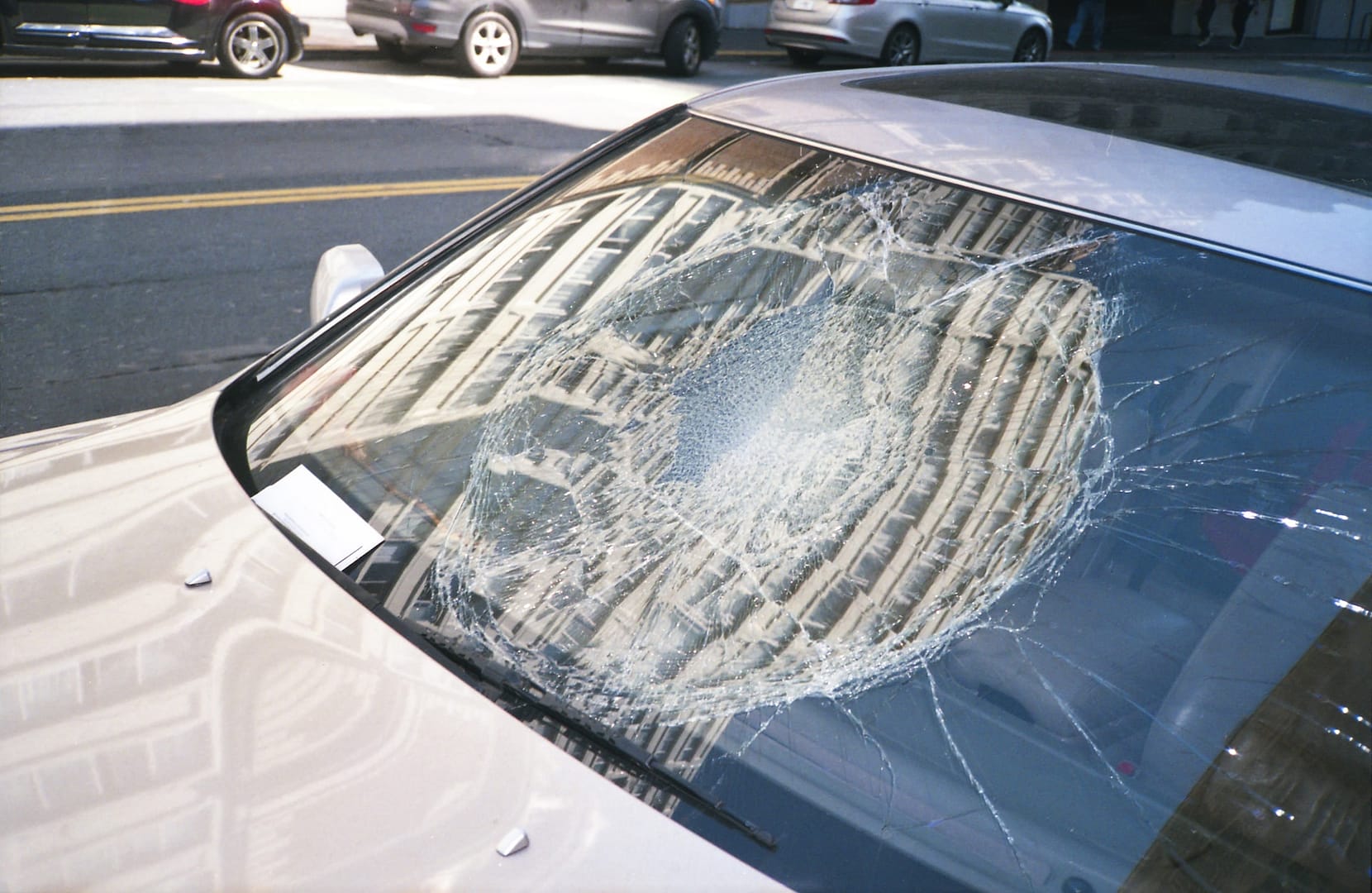Car crashes are a stark reality of our fast-paced world, where roads are the veins connecting bustling cities and serene landscapes. As we embark on our daily commutes or adventurous road trips, the risk of encountering a vehicular collision lurks around every bend. In this exploration, we delve into the aftermath of these incidents, focusing on the most common injuries sustained by passengers.
The Initial Impact: What Happens in a Collision
In the chaotic ballet of a car crash, the body is subjected to forces that can lead to a variety of injuries. The term “whiplash” may come to mind, and rightly so, as it is one of the most frequently reported injuries. When examining the most common injuries sustained by passengers in car crashes, understanding the sequence of events during a collision is crucial.
Whiplash: The Unseen Culprit
The first moments of impact are critical, and it’s the neck that often bears the brunt. Whiplash occurs when the head is suddenly jerked backward and then forward, resembling the motion of a cracking whip. This can cause damage to the soft tissues in the neck, leading to pain, stiffness, and headaches.
The Anatomy of Injuries: Which Body Parts Take the Hit?
As we continue our journey into the aftermath of car crashes, it’s essential to uncover which parts of the body are most vulnerable during a collision.
Head and Face Injuries: A Common Consequence
Imagine the scene: a collision occurs, and your body is propelled forward. The natural instinct is to brace for impact, often resulting in the head colliding with the dashboard or side window. Head injuries, including concussions and facial trauma, are distressingly common. Airbags, while life-saving, can also cause facial injuries due to their forceful deployment.
Chest Injuries: Impact with the Steering Wheel
The chest, home to vital organs like the heart and lungs, is particularly susceptible to injuries in a car crash. The steering wheel, even with the deployment of airbags, poses a significant risk. The force of the impact can lead to chest contusions, fractures, or, in severe cases, internal injuries.
Leg and Knee Injuries: The Dance of Impact and Restraints
As the lower body is often unrestrained during a collision, the legs and knees become vulnerable. Impact with the dashboard or lower part of the vehicle can result in fractures, dislocations, or soft tissue injuries. While seat belts play a crucial role in preventing more severe injuries, they can also contribute to leg and knee trauma due to the sudden deceleration.
Beyond the Physical: The Psychological Toll
Examining the most common injuries sustained by passengers in car crashes goes beyond the physical realm. The psychological aftermath of a collision can be just as impactful, leaving lasting scars that may not be immediately visible.
Post-Traumatic Stress: Lingering Shadows
Surviving a car crash can leave individuals grappling with post-traumatic stress disorder (PTSD). The emotional toll of a traumatic event can manifest in anxiety, nightmares, and a reluctance to get back behind the wheel. It’s a reminder that the impact of a crash extends beyond the physical injuries, shaping the mental well-being of those involved.
Safety Measures: Navigating the Road to Prevention
In our exploration, we must not only examine the injuries but also consider measures to prevent or mitigate them. Safety features in modern vehicles play a pivotal role in reducing the severity of injuries sustained in car crashes.
Airbags: Guardians in the Chaos
Airbags, designed to deploy upon impact, act as a crucial line of defence. They cushion the blow to the head and upper body, reducing the risk of severe injuries. However, it’s important to note that improper positioning or defects in airbags can contribute to injuries rather than preventing them.
Seat Belts: The Lifeline
Seat belts are the unsung heroes of road safety. When worn correctly, they prevent ejection from the vehicle and significantly reduce the risk of severe injuries. Their role in restraining the body during a collision is paramount, although, as mentioned earlier, they can contribute to specific injuries, particularly in the lower extremities.
Car Seat Safety for Children: Protecting the Most Vulnerable
Examining the most common injuries sustained by passengers in car crashes involves a special focus on our youngest travellers. Child safety seats, when correctly installed and used, provide a protective cocoon for infants and toddlers. The proper selection of a car seat based on the child’s age, weight, and height is crucial for ensuring their safety on the road.
The Role of Speed and Impact Severity
As we navigate the intricacies of car crash injuries, it’s essential to address the influence of speed and the severity of impact on the outcomes.
High-Speed Collisions: Amplifying the Risk
The physics of a collision dictate that higher speeds result in more severe impacts. In high-speed crashes, the forces exerted on the body are exponentially greater, increasing the likelihood of severe injuries. This emphasises the importance of adhering to speed limits and practising defensive driving to reduce the risk of collisions.
Side-Impact Collisions: A Unique Set of Risks
While front-end collisions often come to mind, side-impact crashes present a distinct set of risks. The sides of vehicles provide less structural protection, making passengers more susceptible to injuries from the intruding vehicle. Head and chest injuries are particularly prevalent in side-impact collisions, highlighting the need for reinforced side-impact airbags and enhanced vehicle design.
Making a Road Traffic Accident Claim with National Claims
In the unfortunate event of a car crash, seeking compensation for injuries is a crucial step in the recovery process. At National Claims, we understand the challenges faced by individuals dealing with the aftermath of a collision.
Our experienced team is dedicated to guiding you through the process of making a road traffic accident claim. We strive to secure your rightful compensation for medical expenses and damages after an accident. With National Claims, let us handle insurance complexities while you focus on recovery, receiving personalized support for your compensation journey.

Conclusion
In conclusion, examining the most common injuries sustained by passengers in car crashes unveils a multifaceted landscape of physical and psychological challenges. From the initial impact that triggers whiplash to the varied injuries affecting different body parts, the aftermath of a collision is complex and often life-altering.
Understanding the role of safety features, such as airbags and seat belts, is crucial in mitigating the severity of injuries. Additionally, recognizing the psychological toll of a car crash emphasises the need for comprehensive support systems for individuals dealing with post-traumatic stress.
In the ever-evolving landscape of road safety, staying informed about the most common injuries sustained in car crashes empowers us to make conscious choices that protect not only our physical well-being but also our mental health. As we embark on our journeys, let us navigate the roads with awareness, compassion, and a commitment to ensuring the safety of all passengers.
Get a start on your claim today by getting in contact with us and speaking to one of our claims specialists.
Click below to see why we are one of the most trusted claims management companies in the UK.

We’re proud of our excellent customer reviews
We thrive on delivering exceptional service and ensuring our clients’ satisfaction. Don’t just take our word for it. Check out some of our independent reviews to see what our clients have to say.
Excellent

This firm is excellent, they sorted out my car pay out and injury claim very fast, they always communicate with you all the time.

My accident case was dealt with confidence and with great result of the outcome, especially James kept me informed all the time.

I was very impressed at the way my inquiry was treated. I was listened to attentively and everything I needed to know was explained to me.






